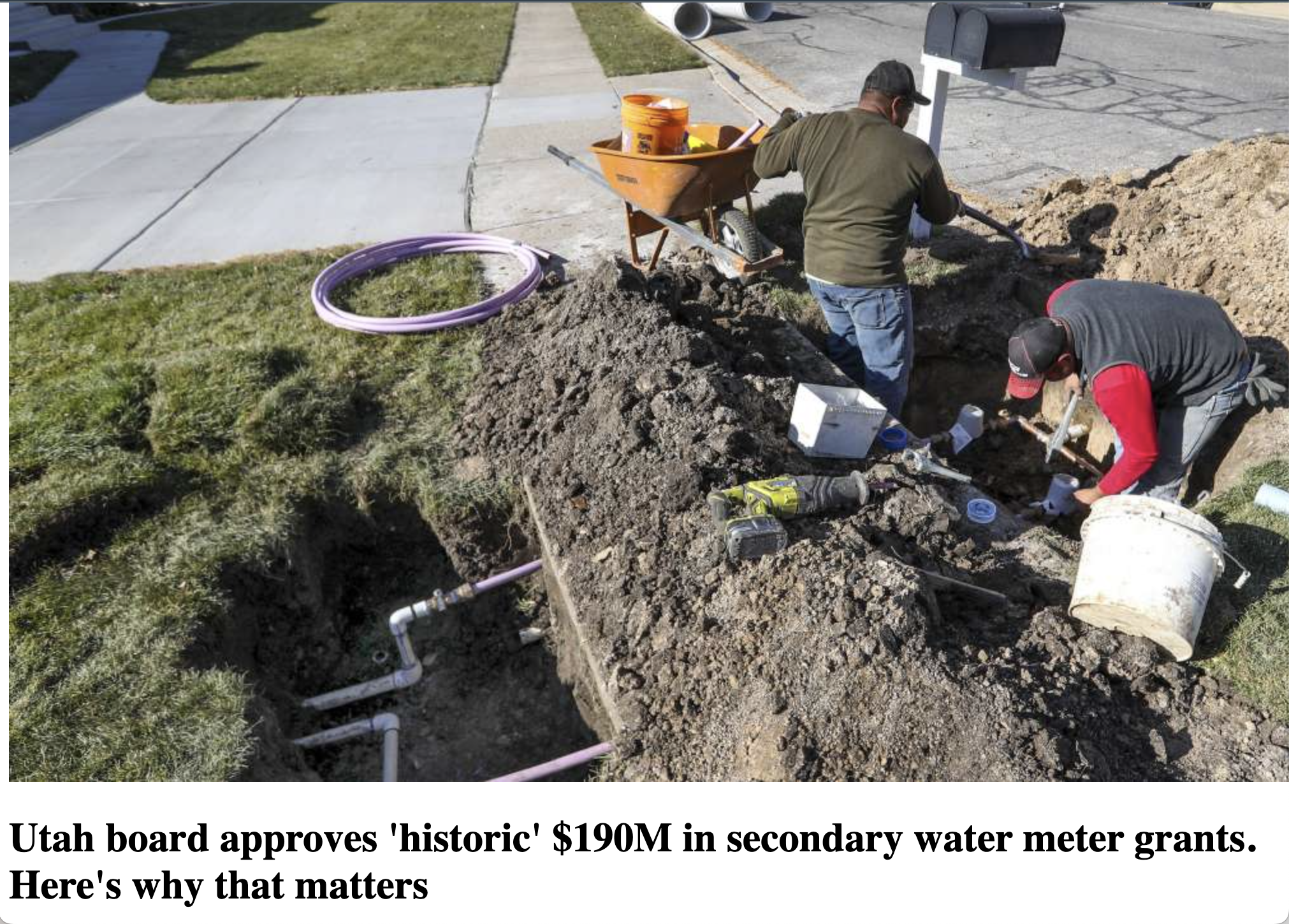solutions
Conserving Municipal & Industrial Water
Why Conserving Municipal and Industrial Water Matters
Some of the largest and fastest growing cities in the nation are found in the Colorado River Basin. While the municipal and industrial sectors in the Basin currently use less than 20% of the annual water supply, the trends for continued growth put greater pressure on urban and industrial water users to be as efficient as possible in water management going forward.
Conservation is one of the most cost-effective ways to stretch increasingly limited water supplies in the Colorado River Basin and boost resilience. Improving water conservation across both sectors offers a multitude of benefits, including lower water and energy costs, preventing expensive and unnecessary water supply projects, improving economic resilience through job creation and water-smart development, reducing pressure on rivers and existing water supplies, and lowering energy use and emissions through reduced water demand.
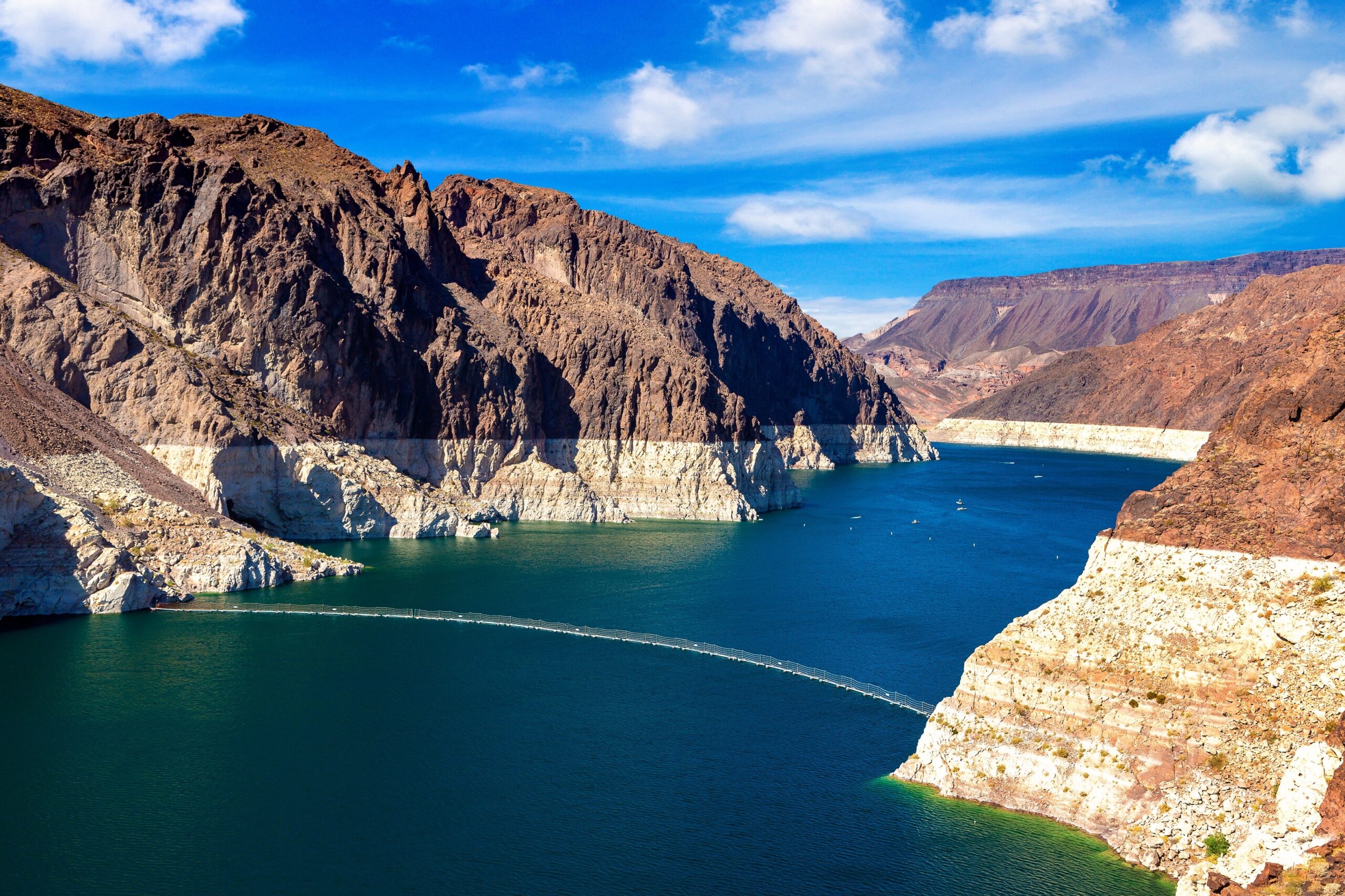
How To Improve Municipal and Industrial Water Efficiency
- On the municipal front, urban water conservation includes low-use water appliances, leak detection systems, and replacing thirsty lawns with water-wise landscapes. These measures have been highly effective and allowed municipalities across the region to consistently reduce per capita water use. Despite these gains, municipal demand for water is the fastest growing “need” in the Colorado River Basin, making additional conservation essential.
- On the industrial front, water powers countless industries across the Colorado River Basin, from power plant cooling to semiconductor manufacturing. Industrial water efficiency includes practices such as water recycling and re-use and switching to equipment like wet-cooling systems and newer, zero-water dry cooling systems. Through these changes, industries can lead the way toward responsible water management while improving their water and economic security.
What Does It Look Like on the Ground?
Water Conservation in Southern Nevada
Known for its big casinos and large water fountains, Las Vegas, Nevada gets 90% of its water from the Colorado River. While conventional wisdom would assume that Las Vegas wastes a lot of water, the Southern Nevada Water Authority (SNWA), which serves Las Vegas and surrounding areas, is a true leader in the urban water conservation space. From its multi-decade and highly successful “cash for grass” program to its more recent proposal to limit the size of new swimming pools, SNWA is making outdoor irrigation as efficient as possible. Further, the agency recycles 99% of water used indoors. Between 2002 and 2022, southern Nevada residents reduced their per capita water use by 51% despite the region’s population growing by nearly 800,000 residents. Both outdoor and indoor conservation measures are critical to southern Nevada’s resilience in the face of long-term warming and drying and water shortages. 
PepsiCo Invests Toward Sustainable Future of Basin
Water stewardship has long been a top priority for PepsiCo. With key business operations and hundreds of employees located across the Colorado River Basin, PepsiCo recognizes a need to evaluate its own freshwater use and deploy resources to support the water-stressed region. PepsiCo has proudly invested nearly $2 million in local projects, including a founding investment in the Colorado River Basin Fund and a restoration partnership with Trout Unlimited, which will replenish nearly 300 million gallons of water per year upon completion in 2025. Through its pep+ (PepsiCo Positive) transformation, PepsiCo aims to be net water positive in its operations, reduce absolute water use, and replenish back into local watersheds more than 100% of the water used. Ultimately, it is PepsiCo’s vision that no matter where it operates, water resources will be in a better state because of its presence. 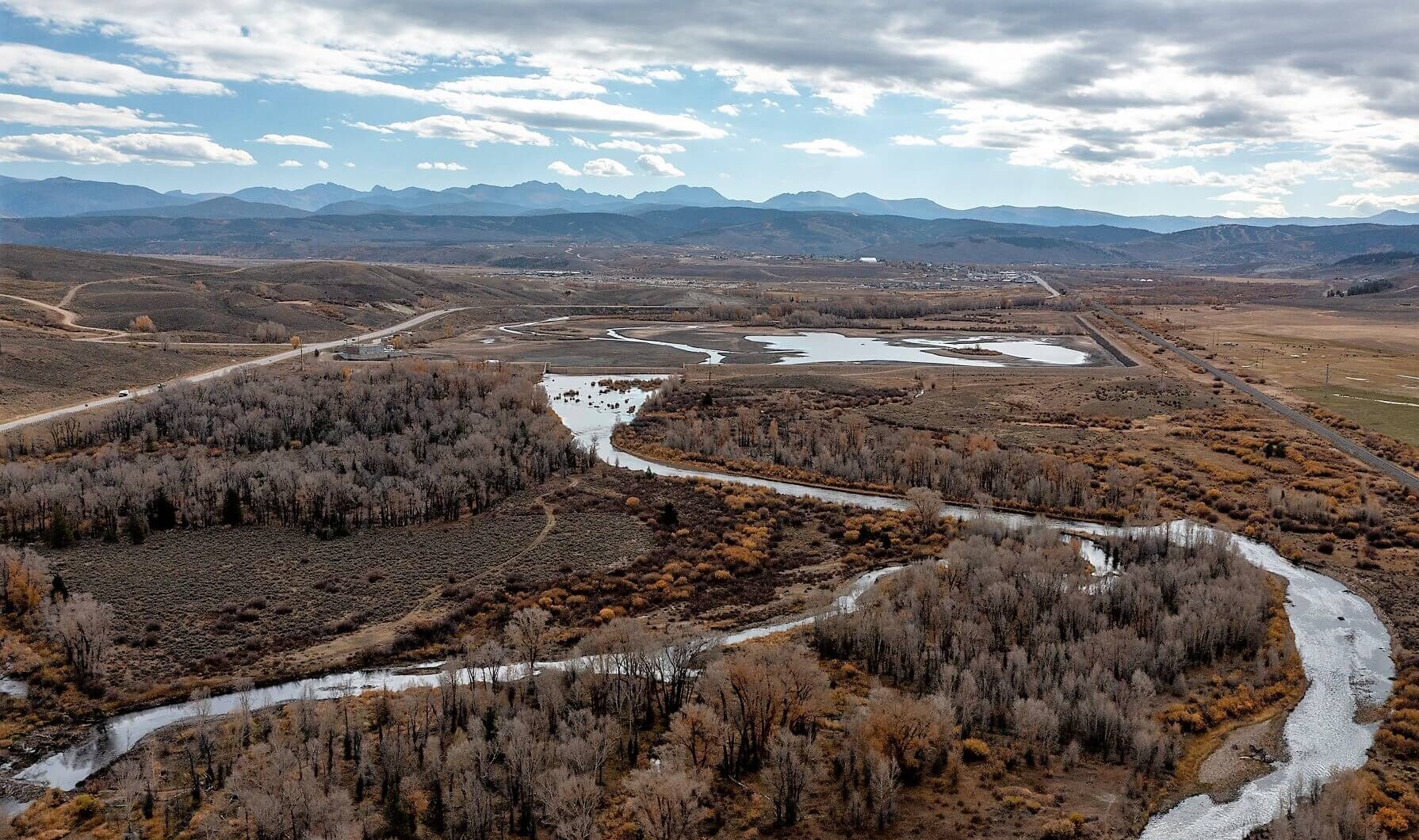
Water-Smart Growth in Aurora, Colorado
In addition to being leaders in water reuse, limiting the size of new lawns, and banning certain types of thirsty grasses from being used on golf courses, the city of Aurora, Colorado, is also working to ensure growth and development are water-smart and take into account increasingly scarce supplies. The city’s Integrated Water Master Plan necessitates conversation and departmental collaboration around water and land use decisions, and city departments work together to determine how Aurora will grow and adequately plan for its future water supply needs. 
Basin Water Providers Target Decorative Grass
The leaders of 30 municipal and public water providers in the Colorado River Basin joined together in November 2022 to announce their commitment to continued water savings. In addition to other actions, the providers committed to introduce a program aimed at reducing the amount of non-functional, thirsty grass by 30% and replacing it with water-wise and climate-resilient landscaping. The program aims to maintain “vital urban landscapes and tree canopies that benefit our communities, wildlife, and the environment.” This commitment builds on recent statewide turf replacement efforts in Colorado and Utah and a long-running “cash for grass” program in southern Nevada. 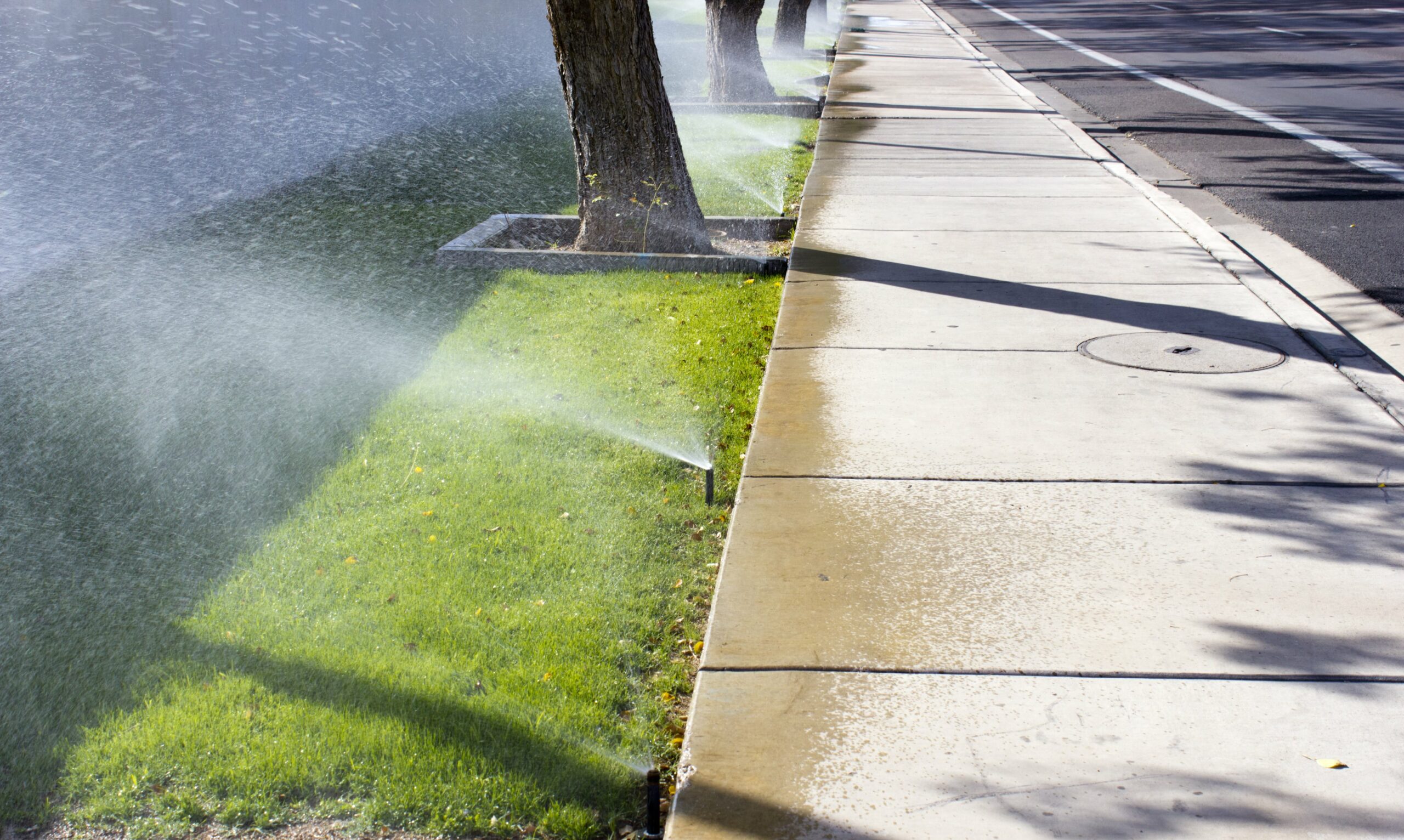
Metropolitan Water District’s One Water Awards Program
With a base of 19 million customers, the Metropolitan Water District (MWD) of Southern California continuously seeks opportunities to conserve limited water supplies. Through its One Water Awards Program, MWD educates businesses and non-residential industries about water-efficiency opportunities and encourages them to participate in its Water Savings Incentive Program. Businesses and industry leaders that achieve significant water savings are celebrated for their “technological innovations, environmental stewardship, and water sustainability” during an awards ceremony. 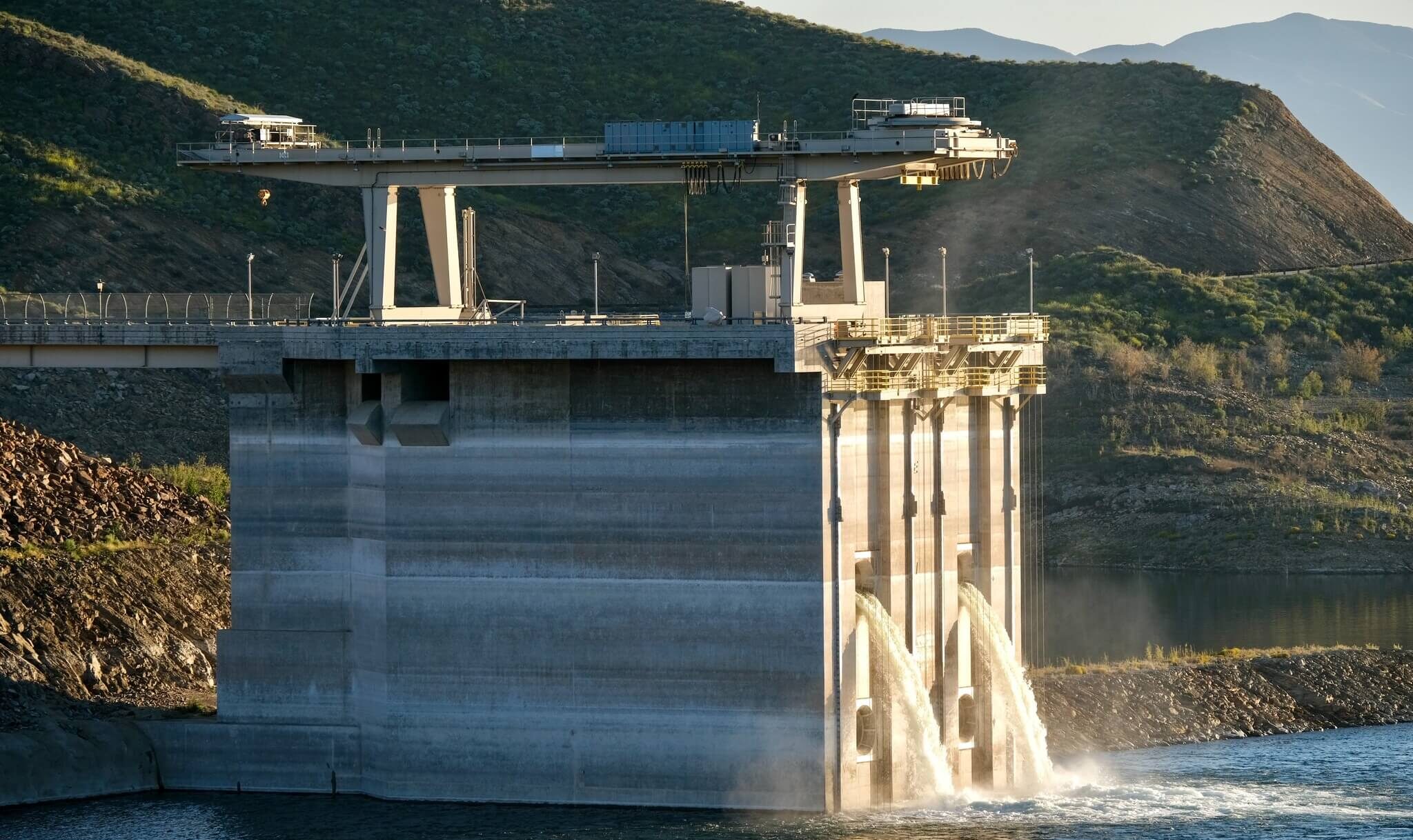
Previous
Next
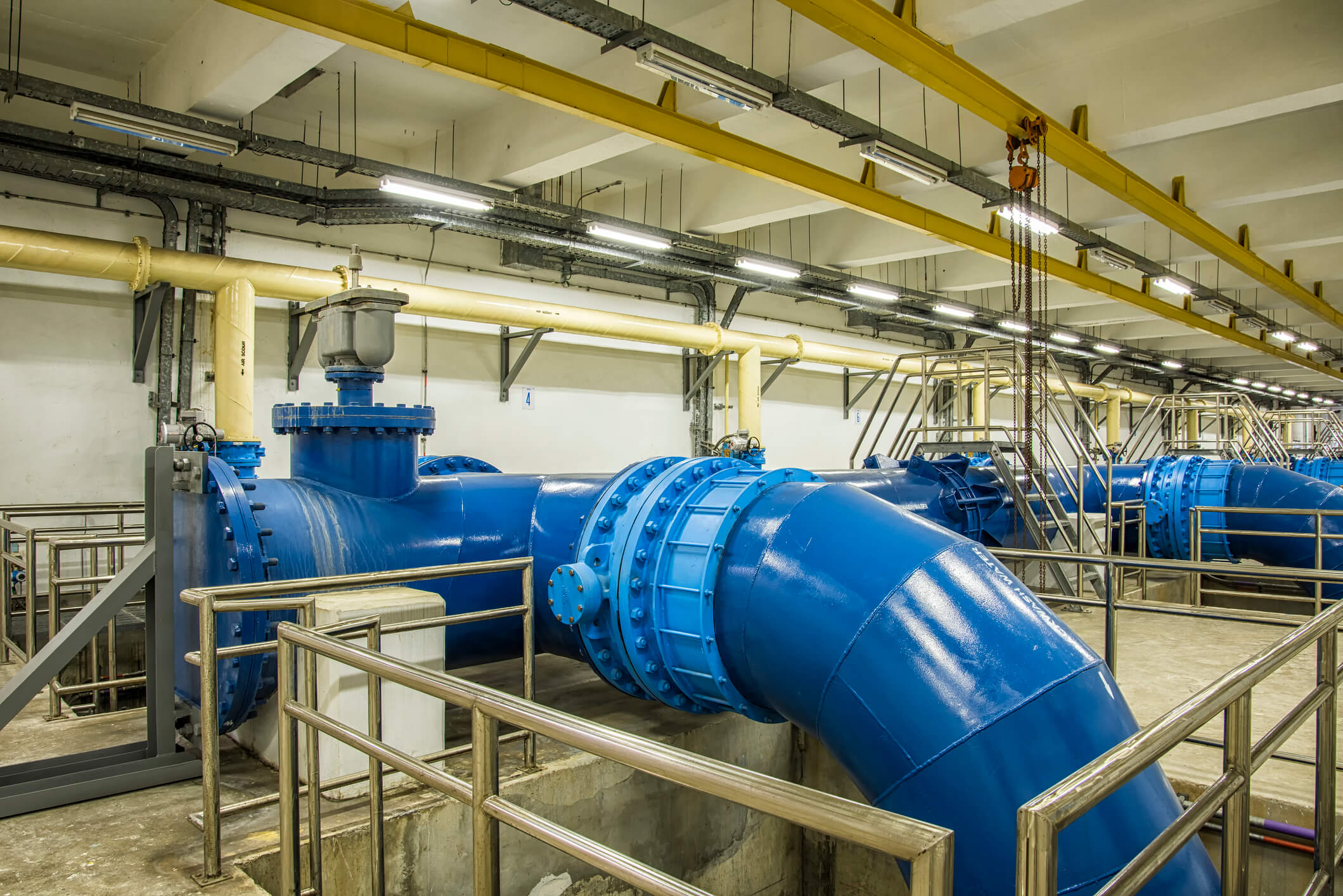
How Do We Scale It?
- In the municipal sector, expand what is already working by funding more conservation and efficiency programs, re-use infrastructure, and water-smart development. Collaboration between municipal water providers across the Basin can lead to large-scale opportunities that yield greater water savings.
- For the industrial sector, provide companies with incentives like tax credits and deductions to reduce costs and deliver the return on investment to companies interested in conservation and re-use projects.


